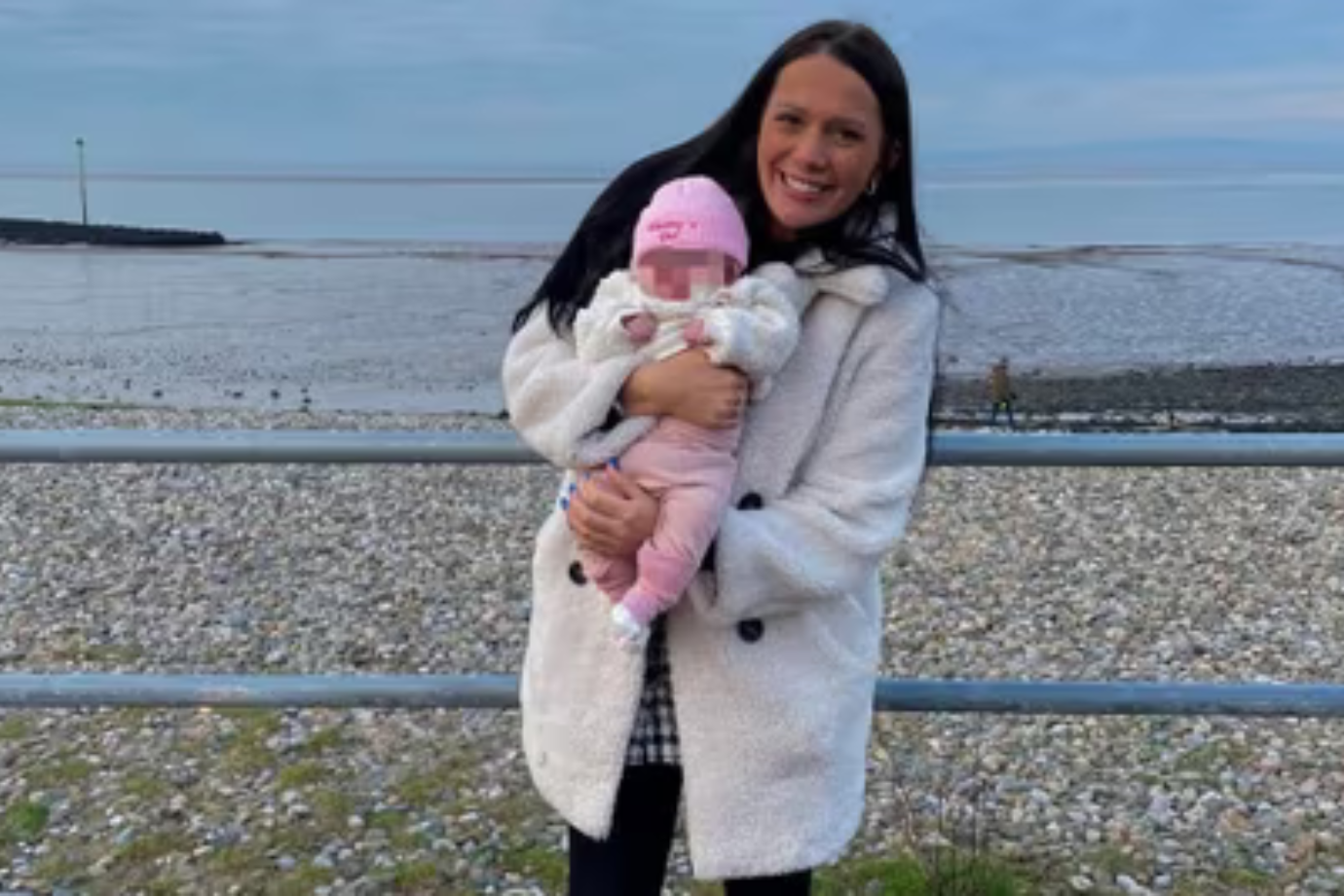Domestic Abuse and Suicide: Kiena Dawes' Case Illuminates Critical Awareness Gap

The tragic suicide of Kiena Dawes reveals alarming connections between domestic violence and mental health, urging immediate action for better awareness and interventions.
Recent research underscores a disturbing correlation between domestic violence and suicide rates, exemplified by the heart-wrenching case of Kiena Dawes. At just 23, Dawes fell victim to a harrowing two-year relationship with partner Ryan Wellings, which spiraled into unrelenting abuse and ultimately culminated in her tragic death by suicide in July 2022. For her, the fight against violence was not merely physical but also mental, as highlighted in her poignant final note that proclaimed, 'I was murdered. Slowly.' This case raises critical questions about the adequacy of support systems for victims of domestic abuse and the disturbing normalization of this issue within society.
The jury's verdict found Wellings guilty of assault and domestic violence but did not hold him accountable for manslaughter. The evidence presented revealed a toxic cycle of psychological manipulation and physical harm exerted by Wellings, with repeated police interactions failing to provide the necessary protection for Dawes. Tragically, her story was not an isolated incident; it reflects systemic flaws in law enforcement's response to domestic violence that leave many victims feeling helpless. As experts have stated, there is a dire need for enhanced awareness and proactive measures to bridge the existing gaps in the justice and support systems.
Statistics shed light on the broader implications of this issue. Research indicates that around 24.5% of reported suicides involved victims of domestic violence. Moreover, females were disproportionately affected, with evidence of family violence present in 28.2% of female suicide cases between 2009 and 2016. These figures illuminate how vital it is for technology and AI advancements to develop more effective monitoring and intervention systems for at-risk individuals. Leveraging data science and machine learning could lead to predictive analytics that informs timely intervention, ultimately safeguarding lives against the destructive cycle of domestic abuse and its often devastating psychological impacts.
The tragic narrative of Kiena Dawes serves as a wake-up call, reminding us of the critical need for societal change. To prevent further losses, more comprehensive awareness and resources must be allocated to combat domestic abuse and its mental health ramifications, demonstrating that awareness can be the first step toward systemic change.



